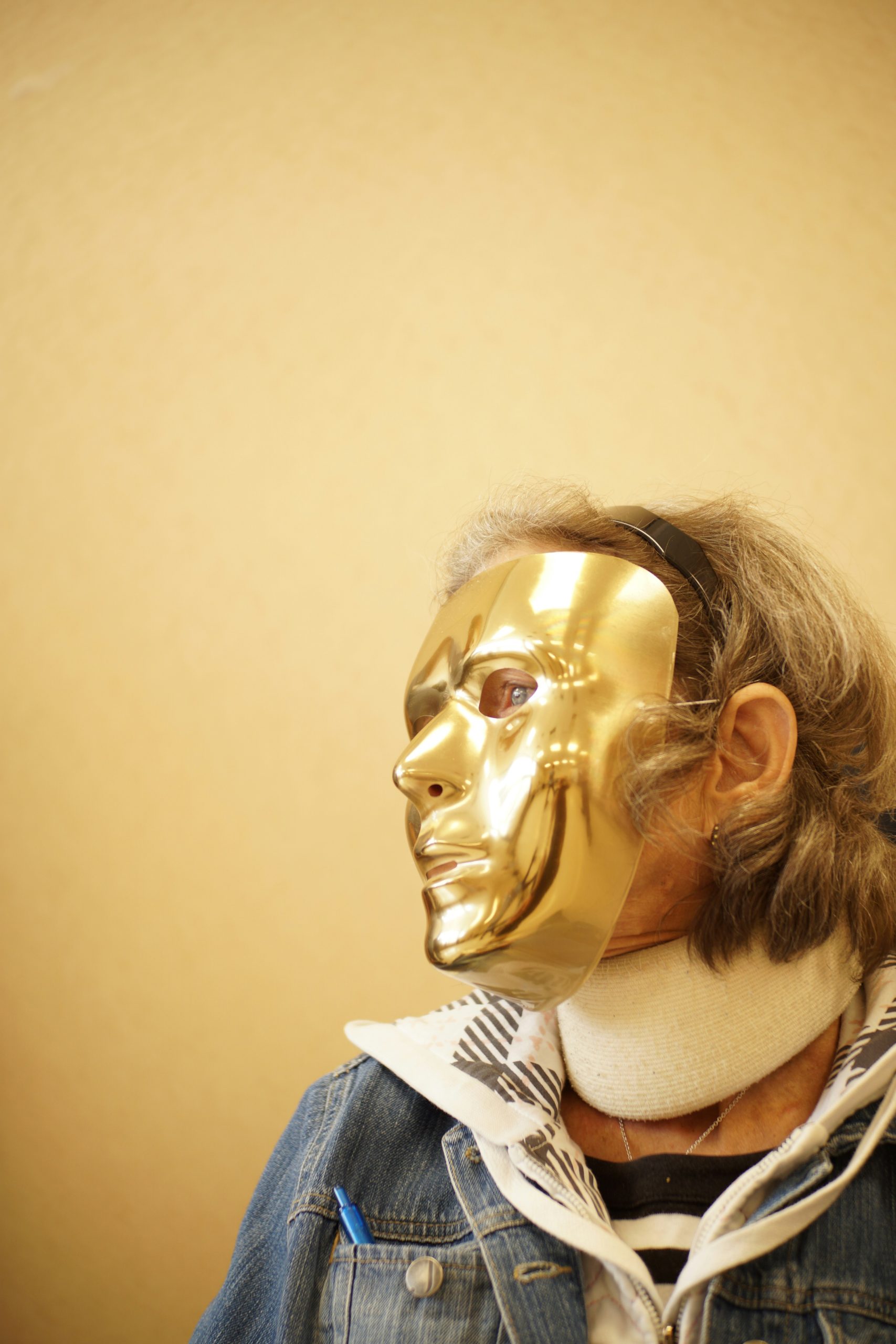Offering trauma-informed care sounds great, but what does it mean? How does that benefit those who are pregnant, those dealing with chronic illness, those facing life-altering situations and more?
A significant part involves education; learning the reasons behind those at higher risk for trauma and not excluding anyone based on prejudices.
The other component stems from a highly personal perspective – the willingness to have a compassionate, attentive, validating, and supportive presence. This differs from creating a dependency; rather, empathic care sets firm boundaries and encourages healing by refraining from maintaining a victim identity.
What are the practical applications of trauma-informed care?
- Advocacy
- Creating a safe space
- Active listening
- Solution-based
- Acceptance
- Hope-Focused
- Awareness or willingness to learn about cultural practices
- Transparency
- Resources

A Closer Look:
Advocacy: I help remind you that your feelings, thoughts, and beliefs matter and that speaking up is a way of respecting yourself and manifesting the most favourable outcomes.
Creating a Safe Space: Lighting, temperature, noise management -these physical aspects make a difference. A safe space can be created with intention, even when some factors may not be altered.
Active Listening: A skill that takes intentionality and practice; Nonviolent Communication and clarification are two key components in ensuring you are heard and understood.
Solution-based: I emphasize seeking solutions by acknowledging options and gaining information to make healthy choices.
Acceptance: Often the most important in any given situation, acceptance makes all the difference in obtaining a sense of calm.
Hope-focused: Consciously avoiding comparisons, toxic positivity or sugar-coating. The focus on hope allows for a deeper sense of direction without overshadowing it with privilege or expectations.
Awareness or willingness to learn about cultural practices: Enough said.
Transparency: Honesty comes in many forms; sometimes it’s admitting to not having all the answers. At other times, it can be admitting to a bias. At other moments, it may be pointing out the folly of a certain thought. The ability to communicate openly helps establish trust.
Resources: The ability to offer resources helps solidify the community.

